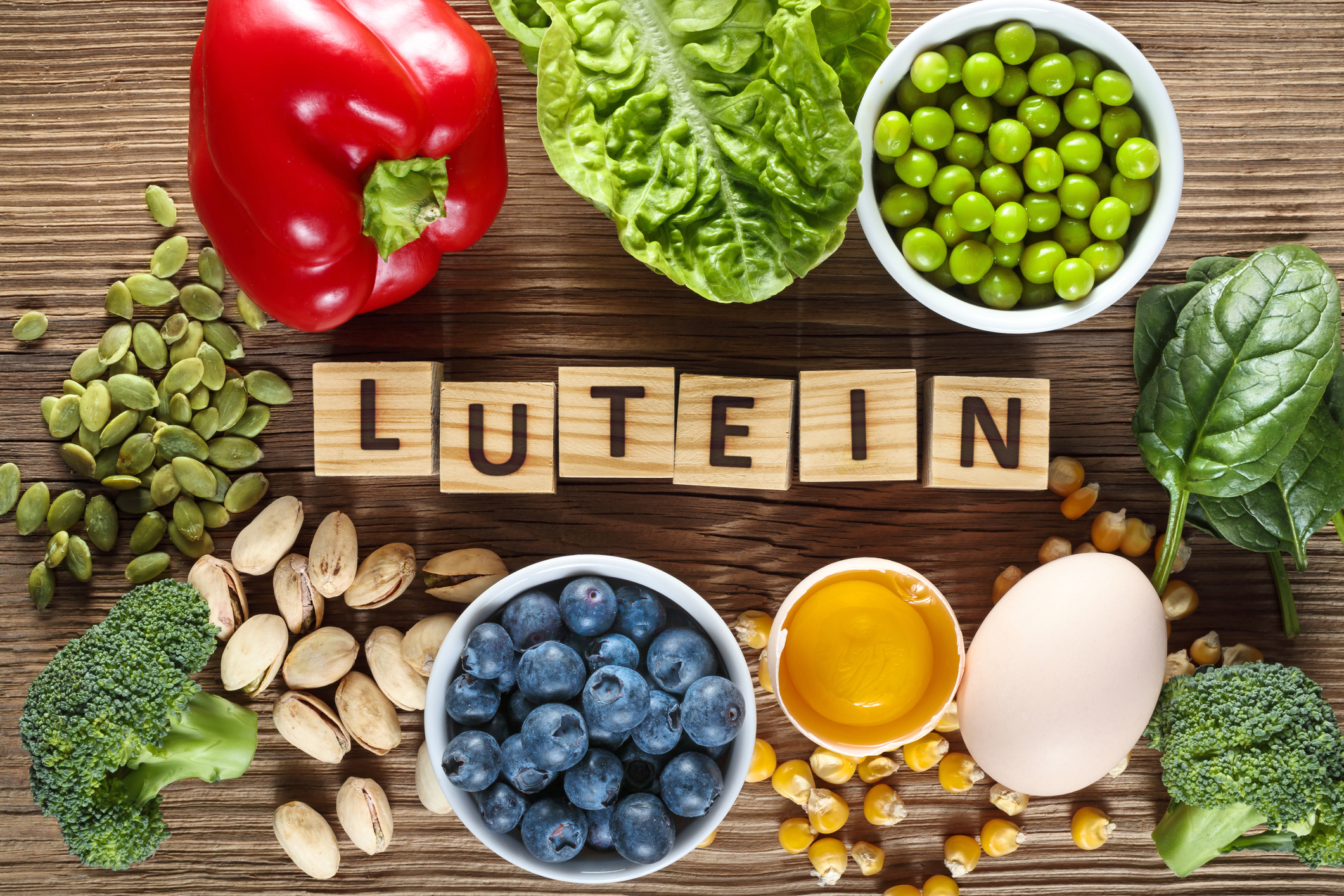Incorporating Lutein and Zeaxanthin into Your Diet for Better Vision
Introduction
Lutein and zeaxanthin are potent antioxidants known as carotenoids, primarily found in leafy green vegetables, but they also occur in other colorful fruits and vegetables. These nutrients play a crucial role in maintaining eye health, particularly by protecting against age-related macular degeneration (AMD) and cataracts. In this comprehensive guide, we will explore the importance of lutein and zeaxanthin, the best sources for these nutrients, how much to consume, and practical tips for incorporating them into your daily diet.
Importance of Lutein and Zeaxanthin for Eye Health
Lutein and zeaxanthin are essential nutrients for maintaining optimal eye health due to their unique properties as antioxidants and light-filtering pigments. These carotenoids are specifically concentrated in the macula, a small area in the retina responsible for central vision and visual acuity. Their primary function is to absorb harmful blue light and neutralize free radicals generated by light exposure and oxidative stress.
By acting as natural filters, lutein and zeaxanthin help protect the delicate tissues of the retina from damage caused by UV radiation and oxidative damage. This protective mechanism helps to maintain the structural integrity of the macula and supports healthy vision over time. Research suggests that a higher intake of lutein and zeaxanthin is associated with a reduced risk of developing age-related macular degeneration (AMD) and cataracts, two of the leading causes of vision loss in older adults.
Furthermore, lutein and zeaxanthin may also play a role in improving visual performance, such as contrast sensitivity and glare recovery, which are essential for tasks like driving at night or reading in low-light conditions. Overall, incorporating lutein and zeaxanthin into your diet can help safeguard your vision and promote long-term eye health.
Best Sources of Lutein and Zeaxanthin
- Leafy Green Vegetables: Spinach, kale, Swiss chard, collard greens, and turnip greens are among the richest sources of lutein and zeaxanthin. Aim to include at least one serving of leafy greens in your daily diet to boost your intake of these beneficial nutrients.
- Other Vegetables: Besides leafy greens, other vegetables such as broccoli, peas, Brussels sprouts, and corn also contain significant amounts of lutein and zeaxanthin. Incorporate a variety of colorful vegetables into your meals to maximize your intake of these eye-healthy nutrients.
- Eggs: Egg yolks are a good source of lutein and zeaxanthin, making them a convenient option for boosting your intake of these carotenoids. However, it’s essential to consume eggs in moderation and consider other dietary preferences or restrictions.
- Fruits: While fruits generally contain lower levels of lutein and zeaxanthin compared to vegetables, some fruits like oranges, kiwi, grapes, and papaya still contribute to your overall intake of these antioxidants. Include a variety of fruits in your diet for added nutritional benefits.
How Much to Consume
While specific dietary recommendations for lutein and zeaxanthin intake have not been established, studies suggest that consuming around 6-10 milligrams (mg) of these carotenoids per day may help support eye health. However, individual needs may vary based on factors such as age, gender, and overall health status.
Practical Tips for Incorporating Lutein and Zeaxanthin into Your Diet
- Start your day with a green smoothie: Blend spinach or kale with fruits like bananas, berries, and mango for a delicious and nutritious breakfast option rich in lutein and zeaxanthin.
- Create colorful salads: Combine leafy greens with vibrant vegetables like carrots, bell peppers, tomatoes, and avocado for a visually appealing and nutrient-packed meal.
- Include vegetables in your main dishes: Add chopped broccoli, peas, or spinach to stir-fries, soups, casseroles, or pasta dishes to increase your intake of lutein and zeaxanthin.
- Snack on raw vegetables: Keep sliced carrots, cucumber, bell pepper strips, or cherry tomatoes on hand for a healthy and satisfying snack that supports eye health.
- Incorporate eggs into your meals: Enjoy eggs as part of breakfast, lunch, or dinner by preparing omelets, frittatas, or egg-based dishes with plenty of colorful vegetables.
Precautions and Considerations
- Avoid excessive supplementation: While lutein and zeaxanthin supplements are available, it’s essential to obtain these nutrients primarily from whole foods as part of a balanced diet. High-dose supplementation may not provide additional benefits and could potentially be harmful.
- Consider dietary preferences and restrictions: If you follow a specific dietary pattern or have food allergies or intolerances, ensure that you select sources of lutein and zeaxanthin that align with your dietary needs and preferences.
- Consult with a healthcare professional: If you have specific concerns about your eye health or are at risk of developing AMD or cataracts, seek guidance from an eye specialist or registered dietitian for personalized recommendations tailored to your individual needs and circumstances.
When to Consult a Healthcare Professional
- If you have specific concerns about your eye health or are at risk of developing AMD or cataracts, consider consulting with an eye specialist or registered dietitian for personalized recommendations tailored to your needs.
- If you experience any changes in vision, eye discomfort, or other symptoms related to your eyes, seek prompt medical attention for evaluation and appropriate management.
Conclusion
In conclusion, incorporating lutein and zeaxanthin-rich foods into your daily diet is an essential step towards maintaining optimal eye health and reducing the risk of age-related eye conditions. By choosing a variety of colorful fruits and vegetables, leafy greens, and other nutrient-dense foods, you can support your vision and overall well-being for years to come. Remember, your eyesight is precious, so nourish your eyes with the power of lutein and zeaxanthin for better vision and long-term eye health.
World Eye Care Foundation’s eyecare.live brings you the latest information from various industry sources and experts in eye health and vision care. Please consult with your eye care provider for more general information and specific eye conditions. We do not provide any medical advice, suggestions or recommendations in any health conditions.
Commonly Asked Questions
news via inbox
Subscribe here to get latest updates !








